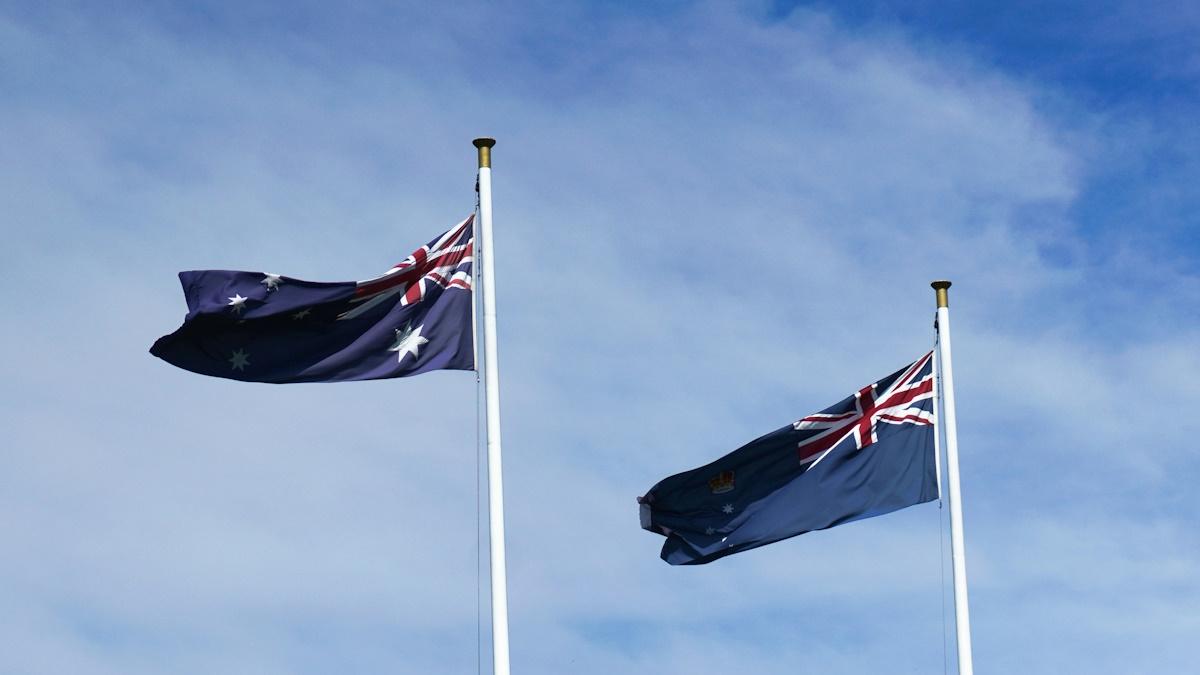Australia joins EU in turning down Alzheimer's drug Leqembi

Australia's Therapeutic Goods Administration (TGA) has said it won't approve Eisai and Biogen's Alzheimer's disease therapy Leqembi, saying its efficacy does not outweigh its risks.
Explaining its decision, the regulator said that while patients treated with Leqembi (lecanemab) experienced a reduction in disease progression compared to those given a placebo in the pivotal Clarity AD trial "this difference was not deemed significant enough to provide a meaningful clinical benefit or to outweigh the associated safety risks."
The TGA cited cases of brain swelling or bleeds, known as amyloid-related imaging abnormalities (ARIA), in patients treated with the anti-amyloid drug, saying its position came on the advice of its Advisory Committee on Medicines (ACM).
Eisai Australia has told the TGA that it intends to request a reconsideration of this decision, which it must do within 90 days. After that has been filed, the TGA must respond within 60 days.
The regulator joins the EU regulator in recommending against the registration of Leqembi, which gave similar reasons for its position on the drug in July. At the time, the EMA said that while most cases of ARIA were not serious and did not involve symptoms, some patients had serious events, including large bleeds in the brain which required hospitalisation.
Patient advocacy group Dementia Australia commented that it was disappointed by the initial decision by the TGA, as it would deprive Australians of the choice to access the potential benefits of the new treatment.
"While we respect the TGA as Australia's medicines regulator, should this decision be upheld it will be a blow to Australians who may be able to benefit from lecanemab," said Dementia Australia chief executive Prof Tanya Buchanan.
She added that it is unfortunate that Australians living with Alzheimer's disease in its early stages "may be unable to access the same choice of treatments as people living in other countries."
Lecanemab is already approved in the US, Japan, China, South Korea, Hong Kong, Israel, the UAE and GB, and is being marketed in the US, Japan and China.
The GB approval set up the possibility of uneven access to Leqembi within the UK, as Northern Ireland remains under EMA jurisdiction post-Brexit. However, the door to access was promptly shut by England's health technology assessment (HTA) agency NICE, which said that the cost of the drug itself and related requirements including fortnightly infusions in hospital and monitoring for side effects meant that it was not cost-effective.
In July, Eisai and Biogen reported updated results from Clarity AD to try to build the case for Leqembi, reporting that the benefits of treatment seem to build with time.
Sales of Leqembi have started slowly but show some signs of picking up, reaching $40 million in the second quarter, up from $17 million in the first three months of the year and $10 million for all of 2023.
Photo by Billy Joachim on Unsplash












